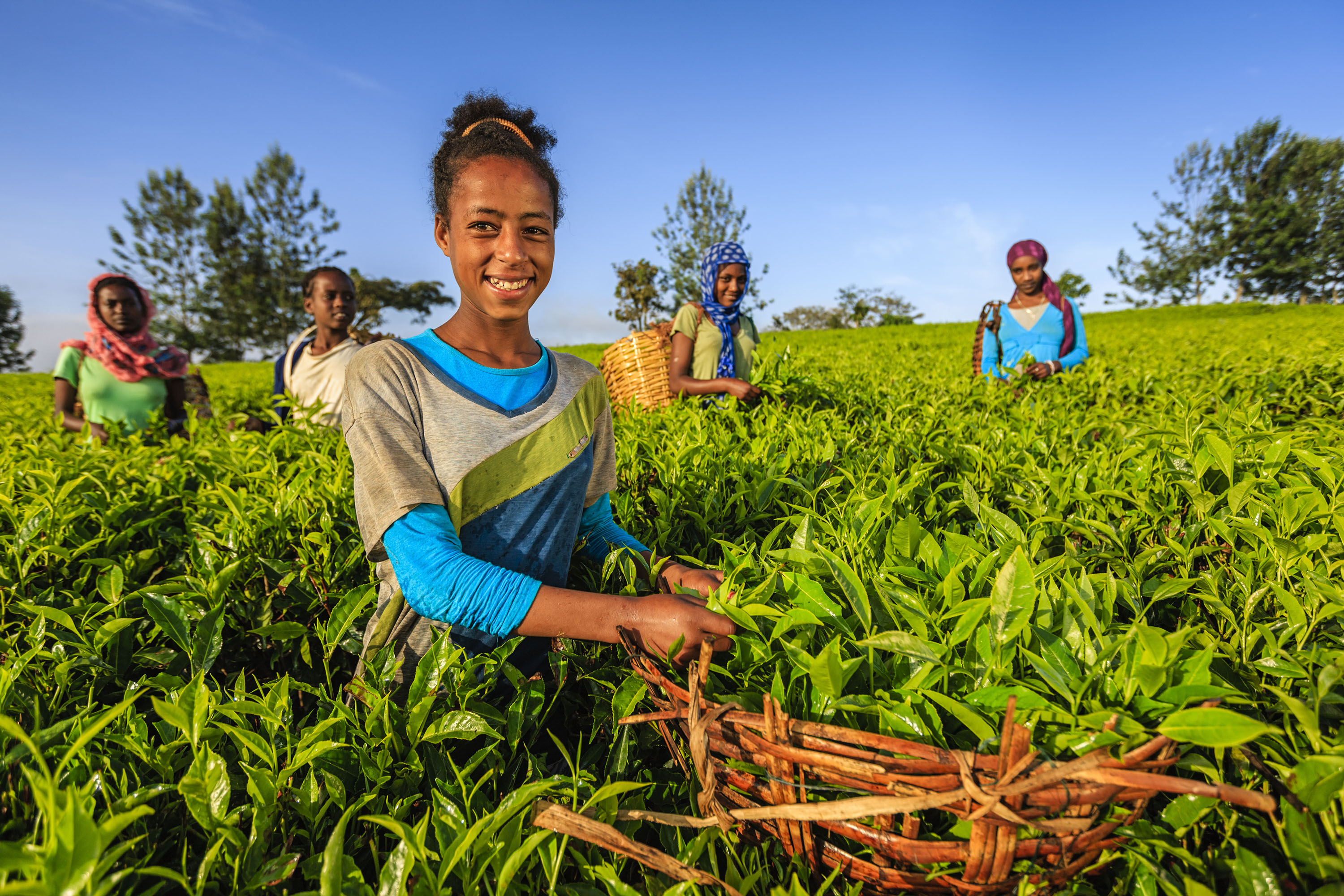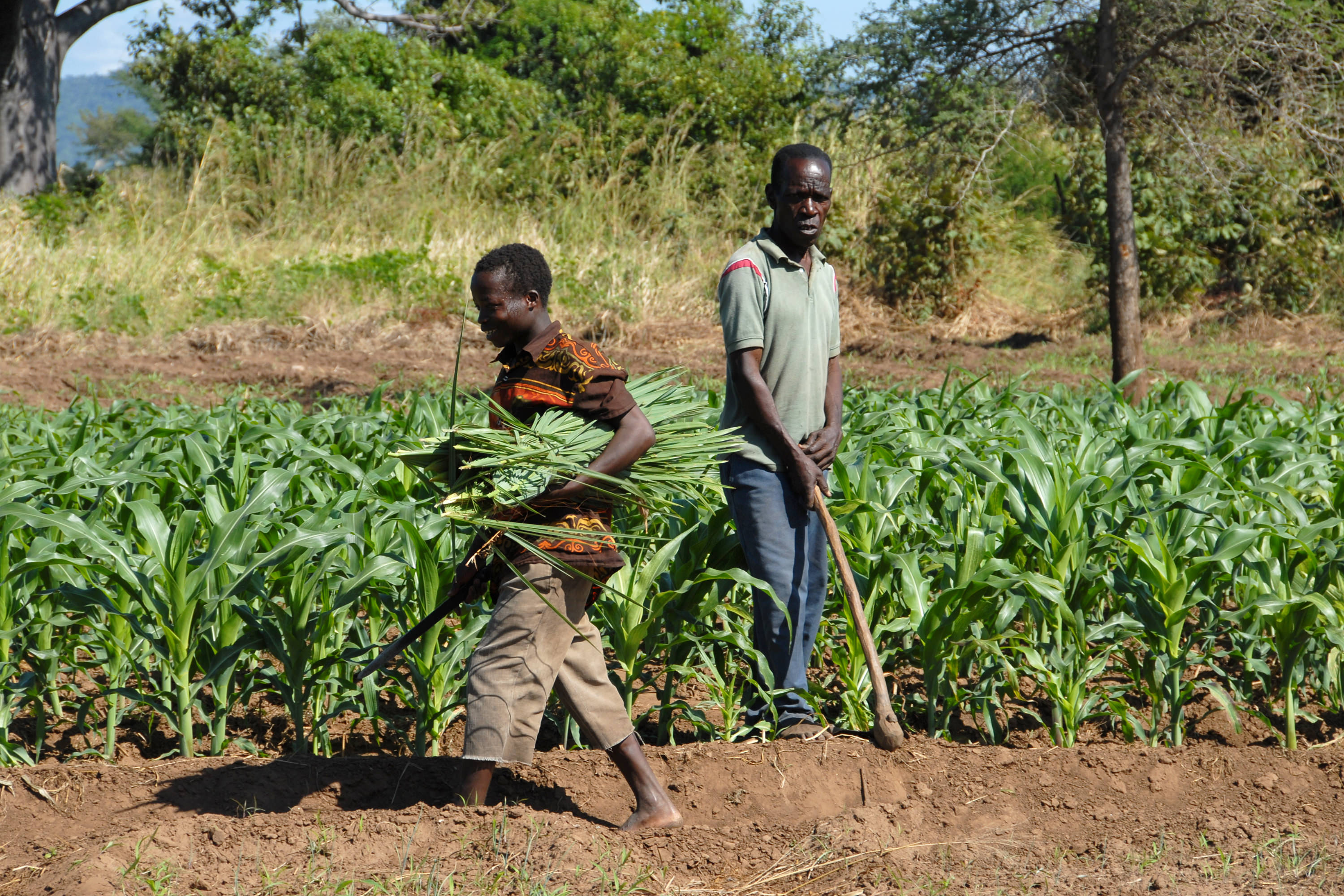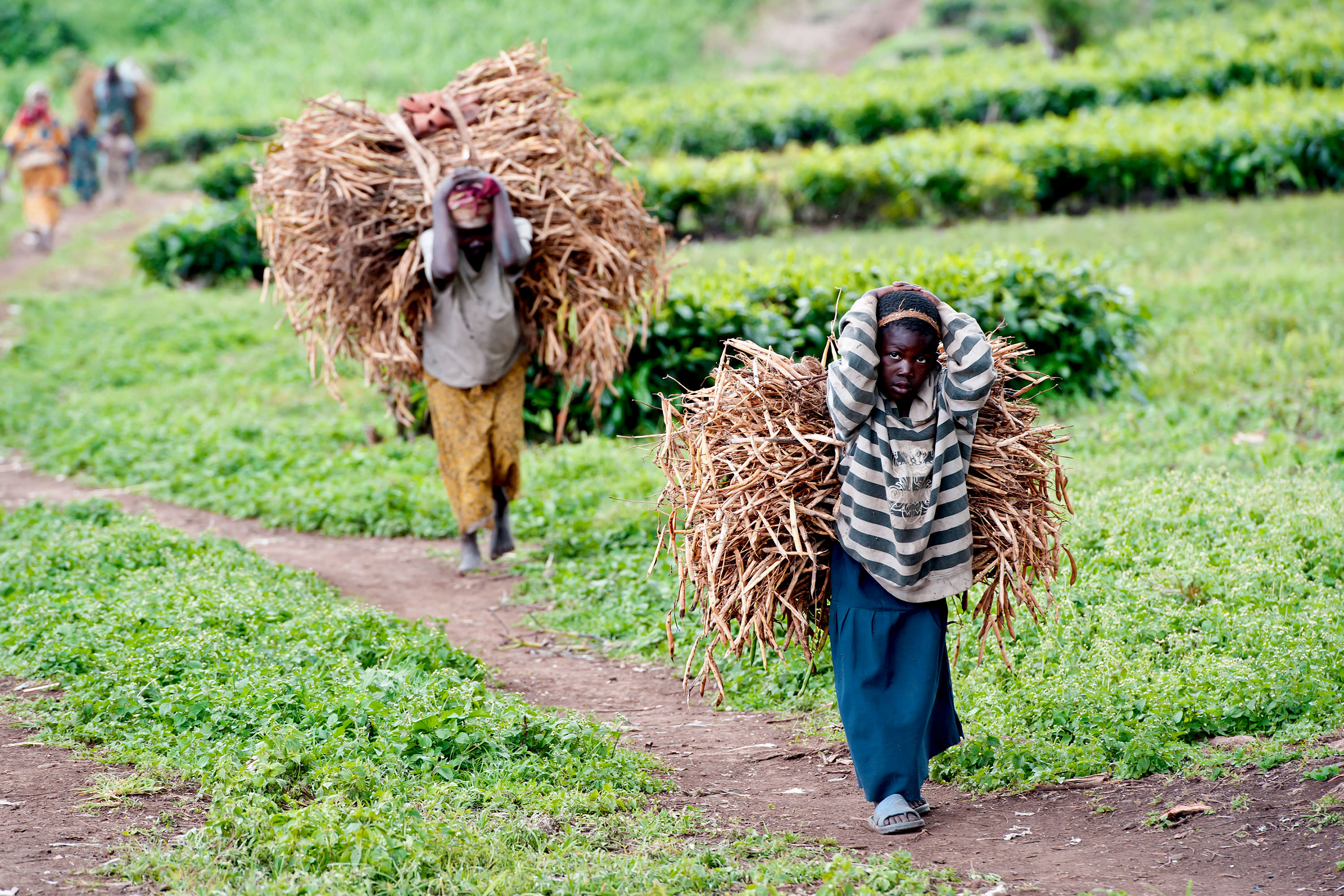Relaxing Seasonal Constraints to Improve Labour Productivity
Scaling up with a Private Sector Partner
Despite increased investment and international competition in agriculture, small-scale farming continues to be the most common economic activity in many developing countries. In Zambia, 60% of the population lives in rural areas, where 78% of the...



